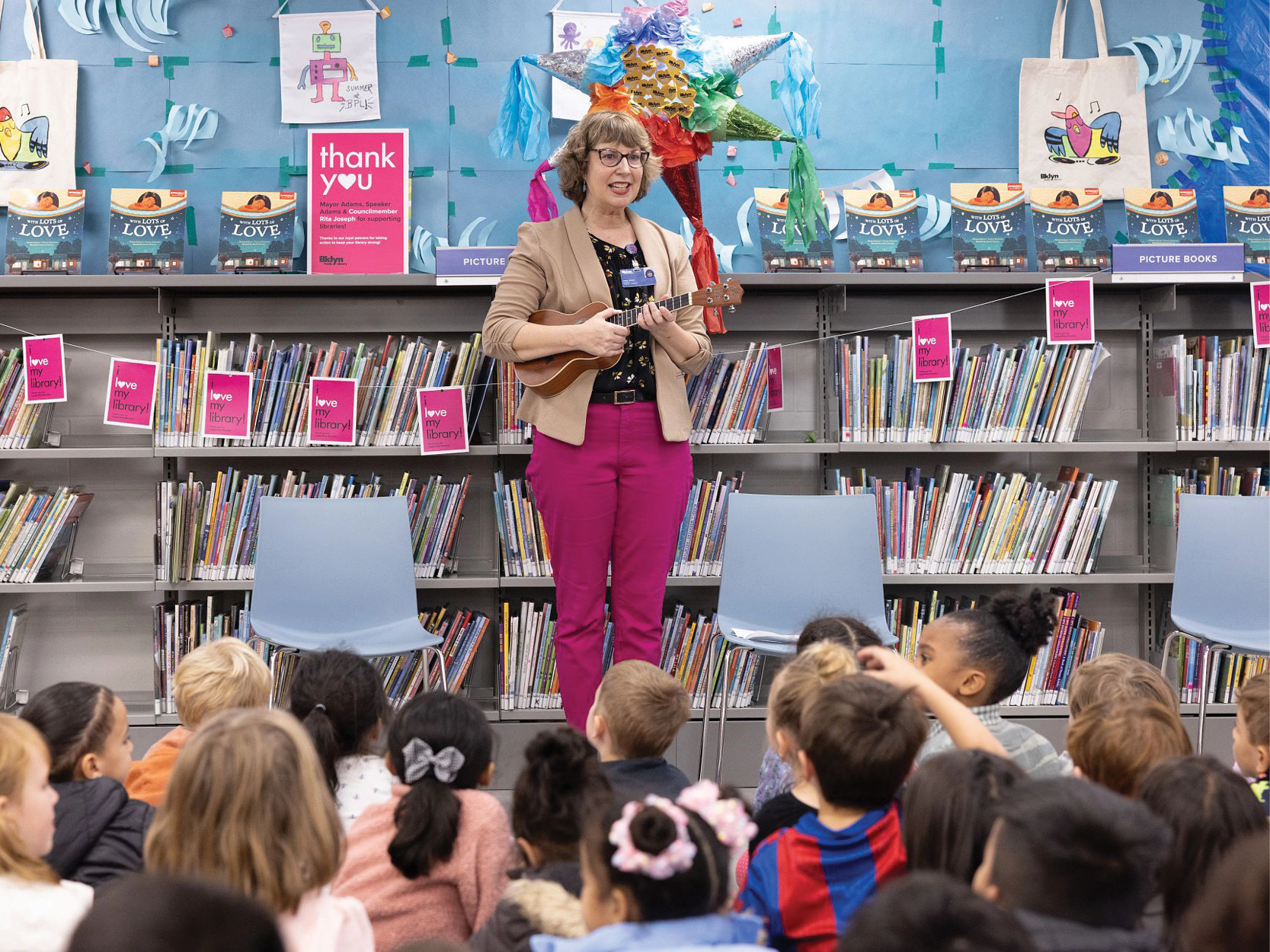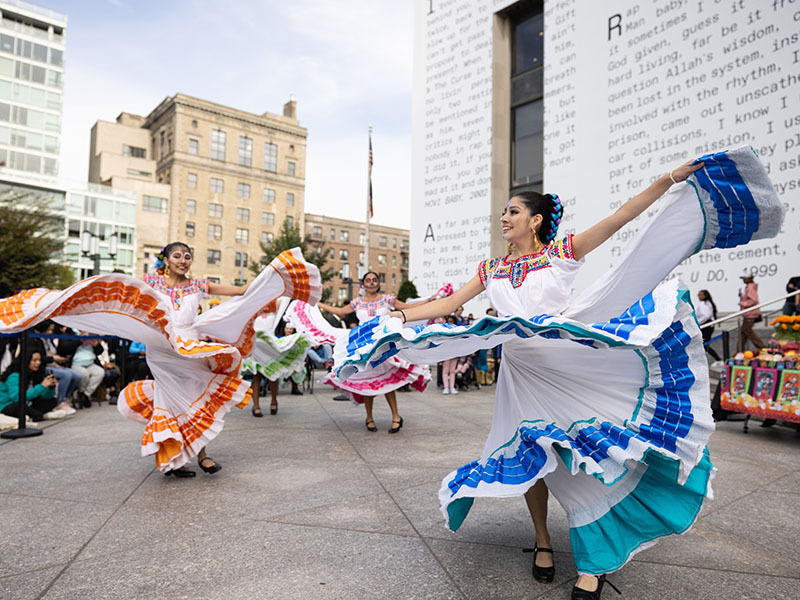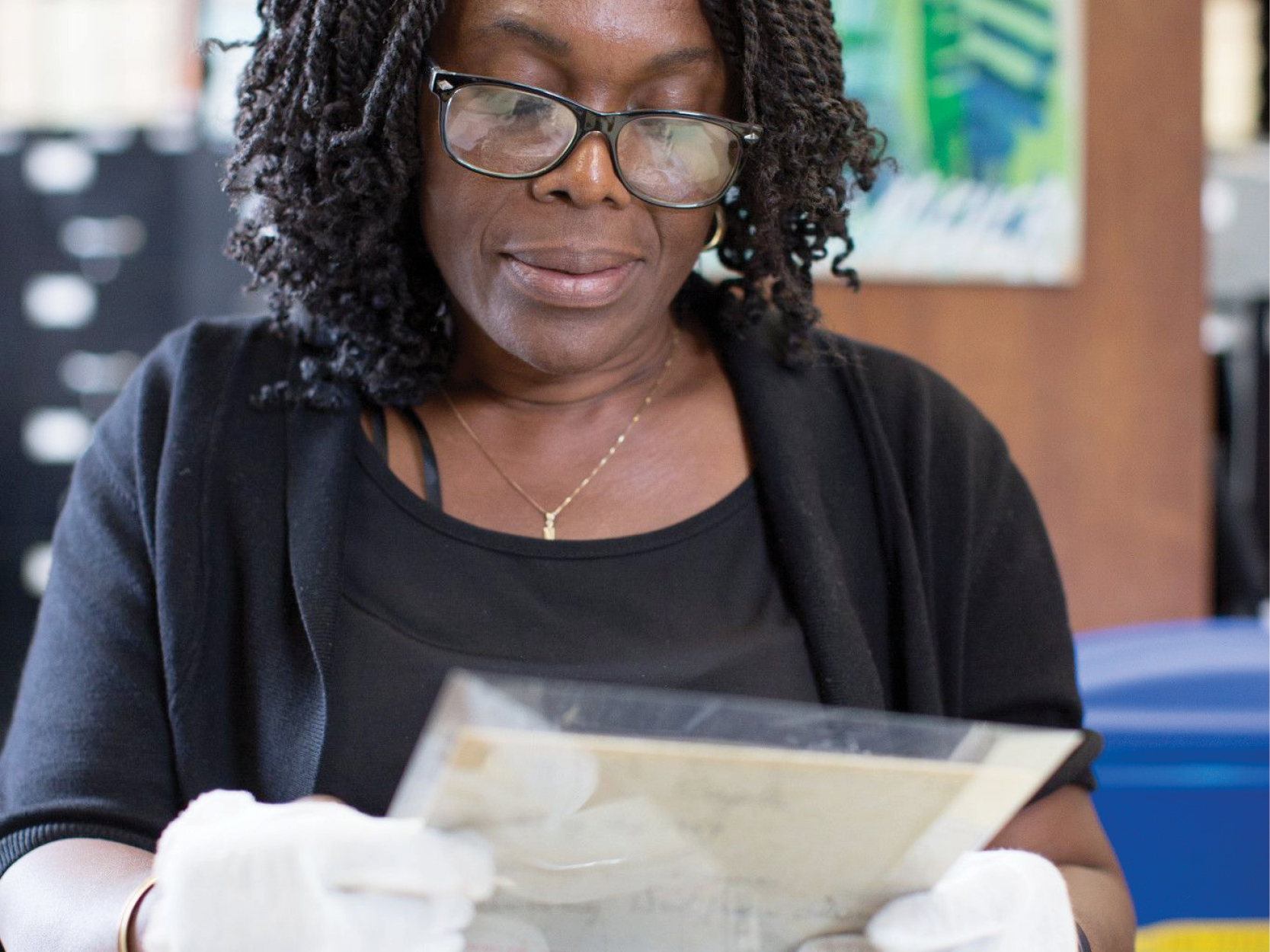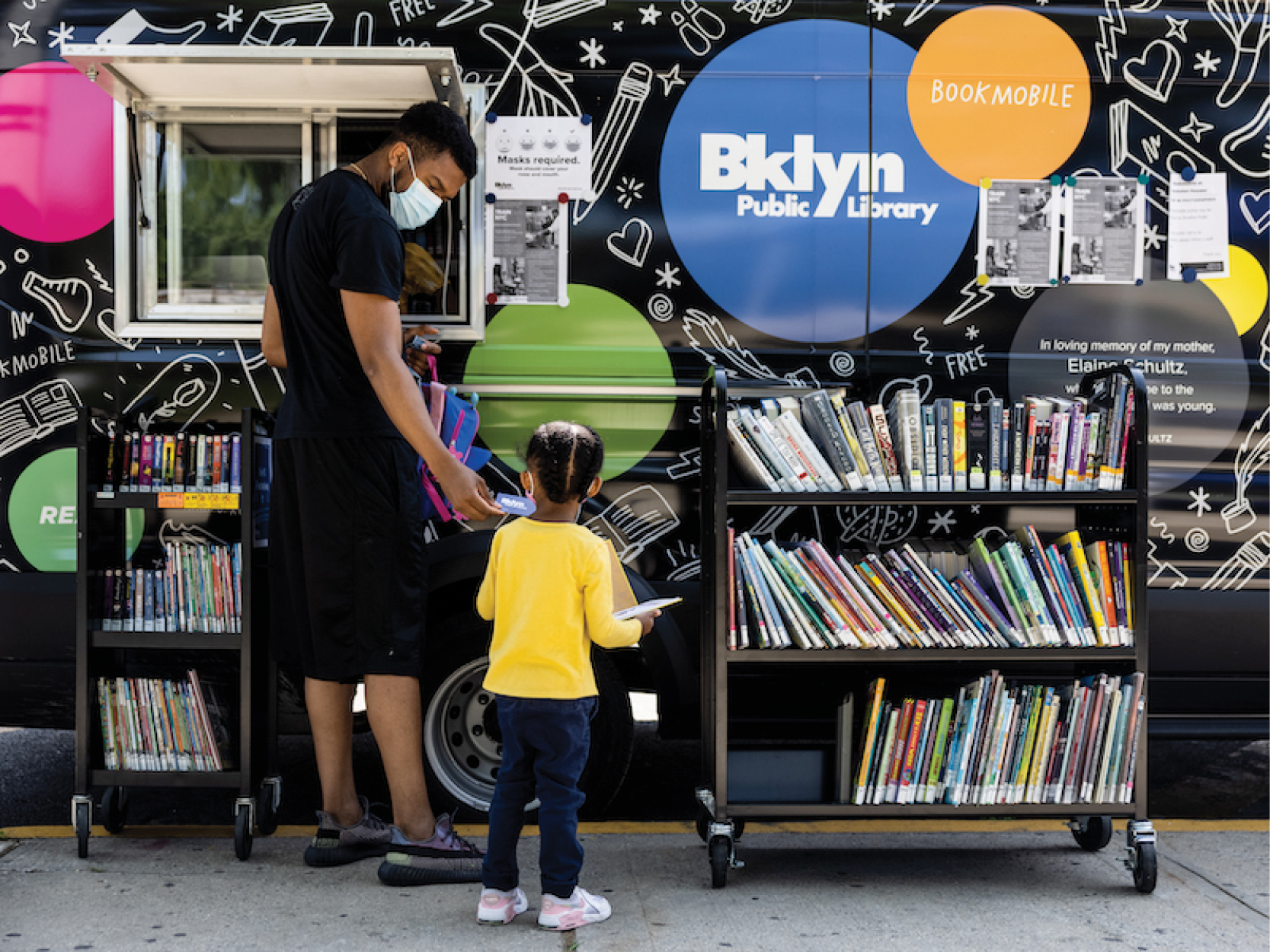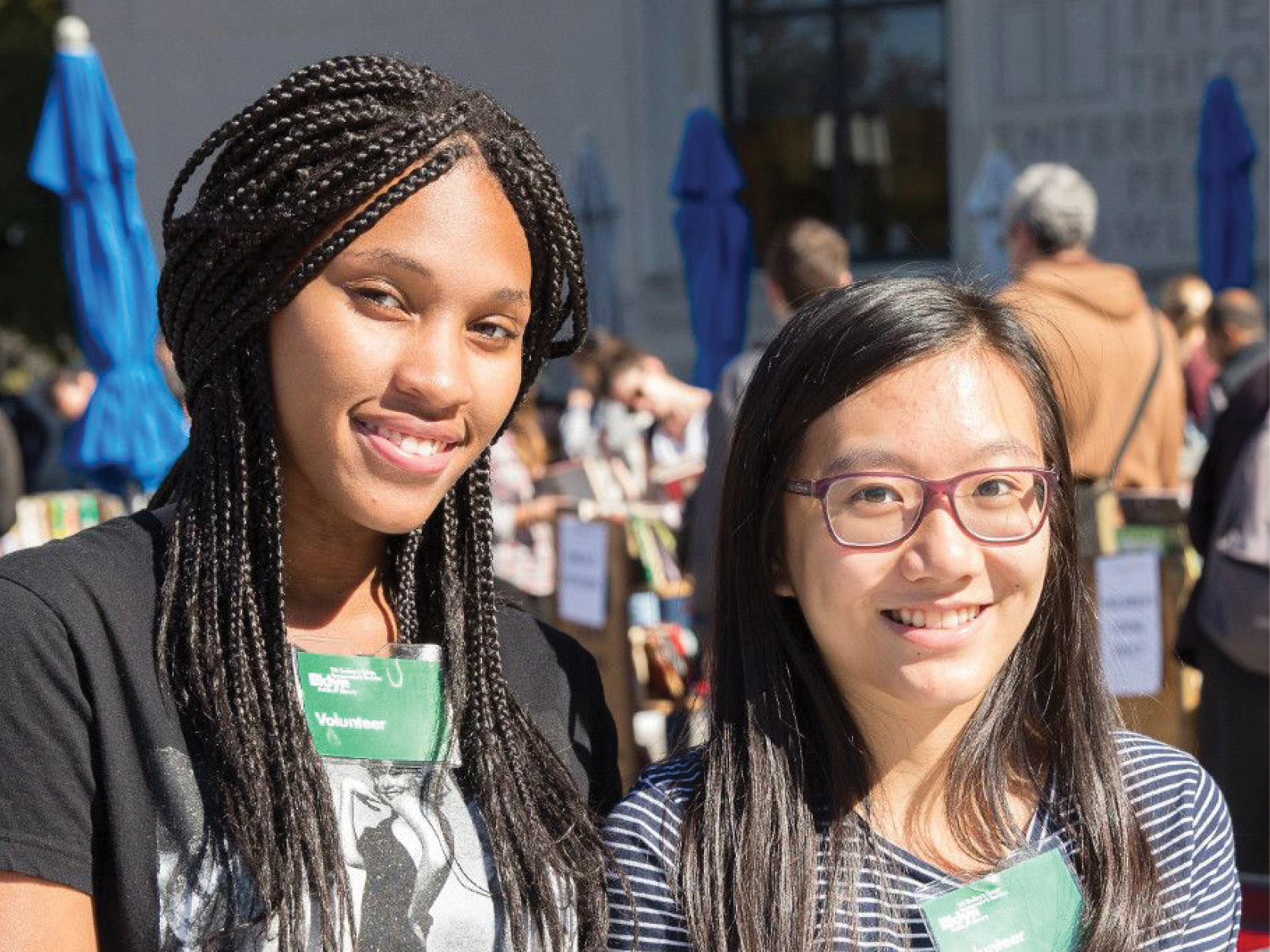As I discussed a few weeks ago, the promotion of black military service was among the Emancipation Proclamation’s most controversial and significant provisions.
Black men were eager to join the Union military from the start of the Civil War. Freedmen penned letters to President Lincoln and other officials calling for black recruitment as early as 1861. Rarely did officials respond to these poignant letters (most of which can be found at the National Archives), but they reveal that it was black Americans themselves who advocated for their right to fight - long before the Emancipation Proclamation was issued.
Black men’s zeal to become soldiers was motivated by the same forces that made the administration hesitant to permit their enlistment. America had always maintained a strong connection between military service and citizenship. As Frederick Douglass, who campaigned for black military enrollment throughout the war, succinctly put it:
“He who fights the battles of America, may claim America as his country and have that claim respected.”
The black soldier in uniform created a new, powerful image. He was brave, willing to sacrifice, and thus entitled to far more than was given to people valued only for their labor. By the war’s end, approximately 200,000 blacks fought under the Union banner, and many black veterans would serve as political leaders during Reconstruction.
Fighting for the Union not only elevated black men’s role in the public sphere. It also improved their own self-esteem. No longer defenseless against white brutality, as soldiers black men could fight for the betterment of their race and defend their loved ones. They could fulfill traditional gender roles and embody mainstream understandings of manhood.
Freedom, of course, was not distributed equally, but afforded only to those men who enlisted in the army, and was thereby inextricably tied to gender.
The Emancipation Proclamation was noteworthy - at least in part - because it granted freedom to enslaved people irrespective of their gender. Black “manhood,” defined by military service, created its converse, black “womanhood,” and divided the race into two distinct groups, whereas as slaves, both men and women were no more than property. It was men who fought in the war and were thereby entitled to demand rights as recompense for their sacrifice.
As more and more black men served, the fight for political equality morphed from a black struggle to a struggle of black men. The connection between the military, civil opportunity, and manhood came through clearly in a letter written by Zack Burden, a black soldier, to President Lincoln, calling attention to the squalid and unhealthy conditions at his camp:
“I think it is hard to make a man go and fite [fight] and Wont let him vote and wont let him go home when he is sick… give us A chenc [chance] of A man.”
Sources
Frederick Douglass, “Why Should a Colored Man Enlist,” Douglass’ Monthly, April 1863.
Zack Burden to Abraham Lincoln, February 2, 1865, Colored Troop Files, National Archives, quoted in Harold Holzer, ed., The Lincoln Mailbag: America Writes to the President, 1861-1865 (Carbondale, Illinois: Southern Illinois University Press), 221.
This blog post reflects the opinions of the author and does not necessarily represent the views of Brooklyn Public Library.
Post a Comment
While BPL encourages an open forum, posts and comments are moderated by library staff. BPL reserves the right, within its sole discretion, not to post and to remove submissions or comments that are unlawful or violate this policy. While comments will not be edited by BPL personnel, a comment may be deleted if it violates our comment policy.
eNews Signup
Get the latest updates from BPL and be the first to know about new programs, author talks, exciting events and opportunities to support your local library.


